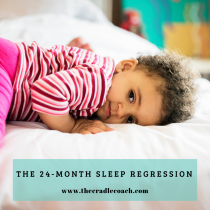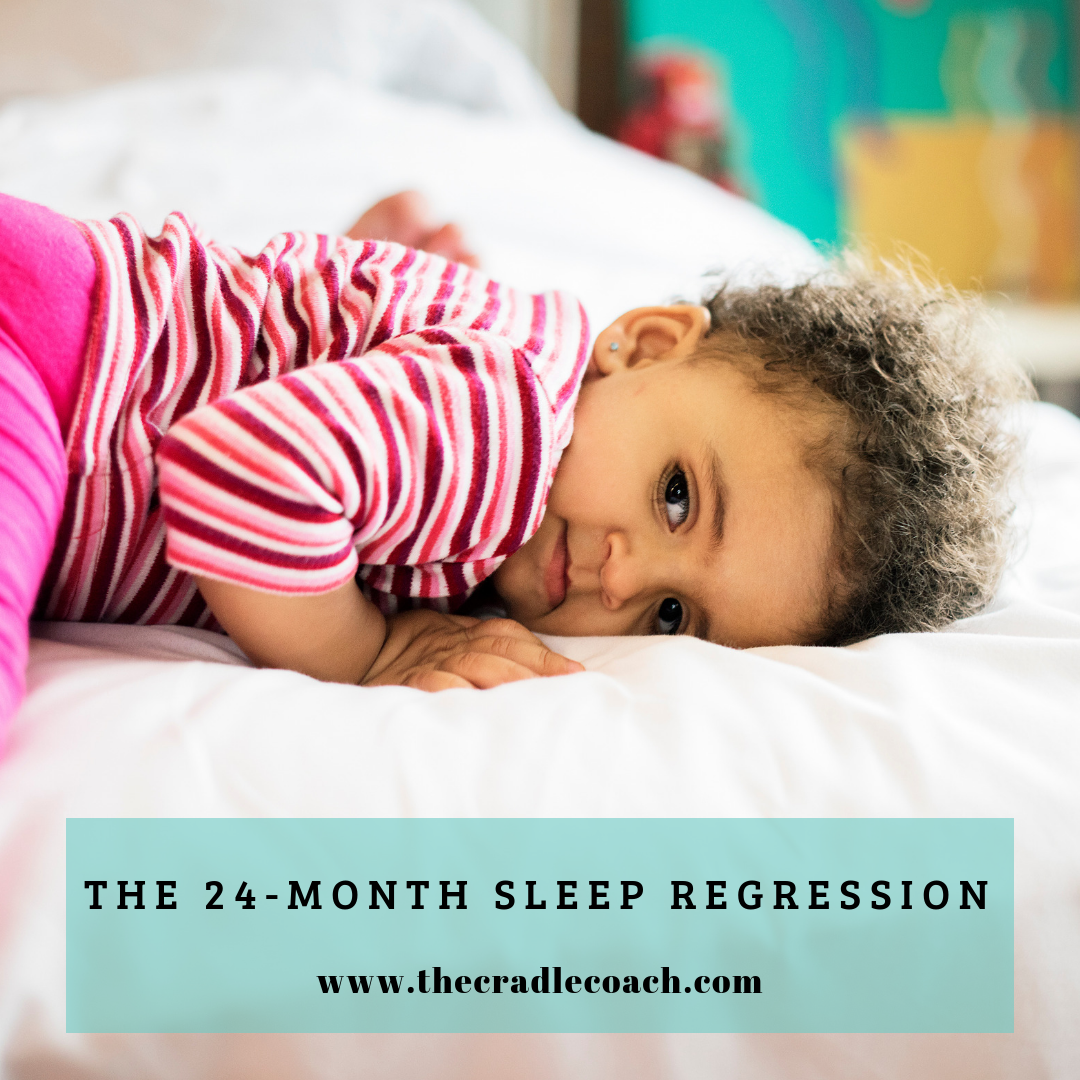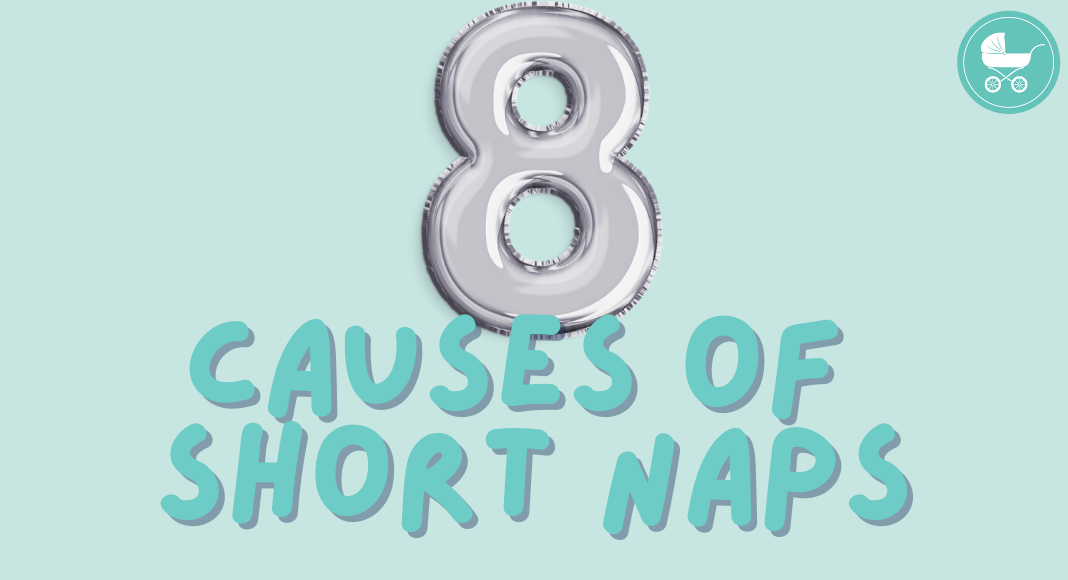
September 4, 2018
The last and final sleep regression you will have to deal with is the two year sleep regression. This one might actually be the hardest regression, but once you overcome it – it’s smooth sailing from there – well at least in the regression world. The biggest part to recognize in this regression is the […]
The 24-Month Sleep Regression

The last and final sleep regression you will have to deal with is the two year sleep regression. This one might actually be the hardest regression, but once you overcome it – it’s smooth sailing from there – well at least in the regression world. The biggest part to recognize in this regression is the separation anxiety. Although it was hard when they were young to help cope with, now that they can speak and tell you how they feel about you leaving, it actually is harder on us moms. Offering comfort, intentional play time in the day, and lot’s of extra hugs and kisses will allow this transition to build confidence and comfort.
Don’t rush to make changes in your child’s schedule or transition out of a crib to a toddler bed. It’s important to just maintain and adjust easily and gently during these weeks! You will see tantrums. You will hear lots of whining. Your child will test you. But maintain patience and go over and beyond with spending some much needed quality time with them which is essentially what they are asking of you.
What Happens: Your toddler suddenly wakes up during the night after sleeping through the night consistently, and may even resist taking naps, sometimes skipping them totally. It’s almost like having a small baby back in the house, as there’s seemingly no rhyme or reason to why they’re waking up and fighting sleep again, but there are genuine reasons why this regression occurs.
Why It Happens: Your two-year-old may be going through significant life changes – oftentimes things like learning to potty-train, moving into a big-kid bed, anticipating a younger sibling being born – happen around this age. Your little one may also still be working on cutting both sets of molars, an incredibly painful process. They may also be entering a timeframe where they stay awake longer before/after naps and before bedtime. True nightmares, fears of things like the dark and another round of separation anxiety also come into play at this age, all contributing to shorter nights and exhausting days.
How It Changes Sleep Patterns: Like all the other sleep regressions, this one will also usually last between 2-6 weeks, after which your child resumes normal sleeping habits. If your child is still struggling after 6 weeks, contact us and we can discuss options to help your child get the sleep they need.
What To Do About It: Give your child plenty of attention during the day. Acknowledge their fears and talk about them. Help them understand that everything is okay and you are there for them. Even though your little one is growing more independent, they still rely on you as their primary source for security, comfort and reassurance. Be patient and hang in there – this regression will soon be over!
If all else fails, it might be time to introduce some sleep training techniques. To find the best technique for your family, check out our blog posts on sleep training methods. And, if you’re still having issues after a few weeks, feel free to give us a call! We can develop a personalized sleep plan that will get your whole family sleeping in no time!
Get instant access to our free sleep class for children from newborn to 5 years old. You will learn how to get your child to sleep independently -- and all through the night!
Get Your Child To Sleep All Night Long in as Little as 7 Days!
join the free class
THE CLASS


